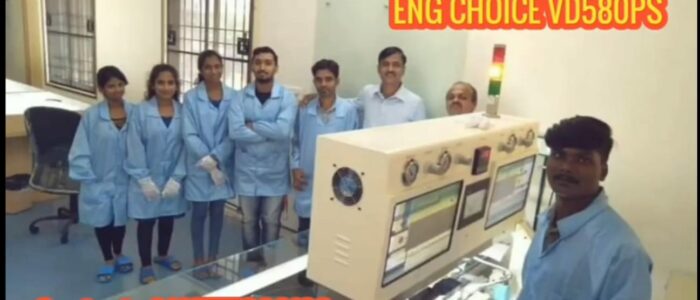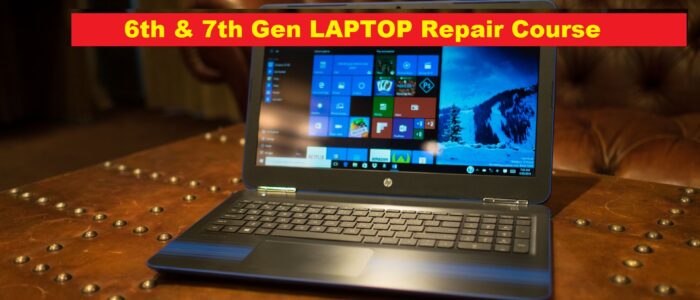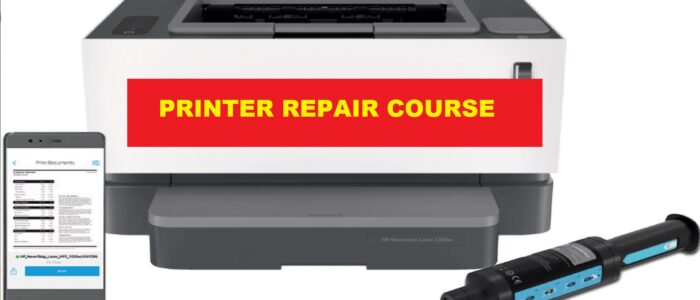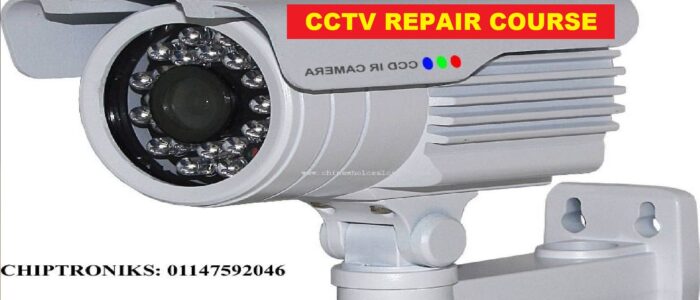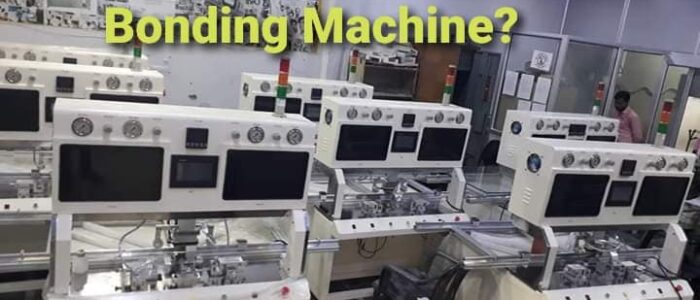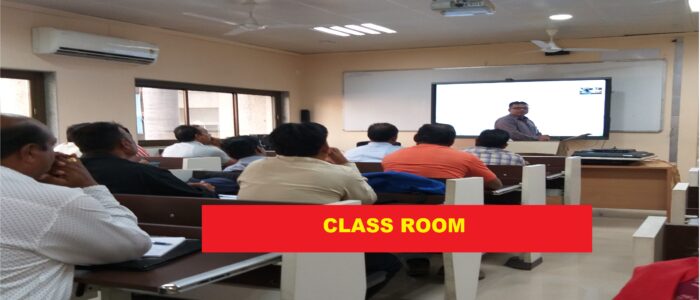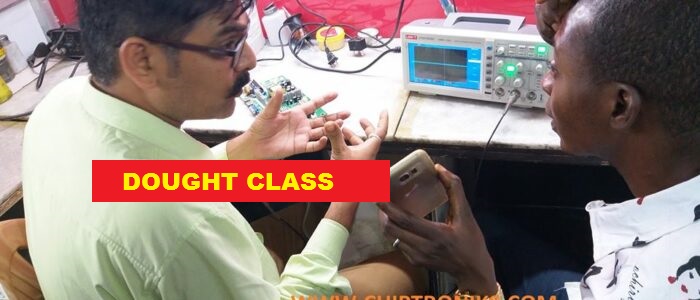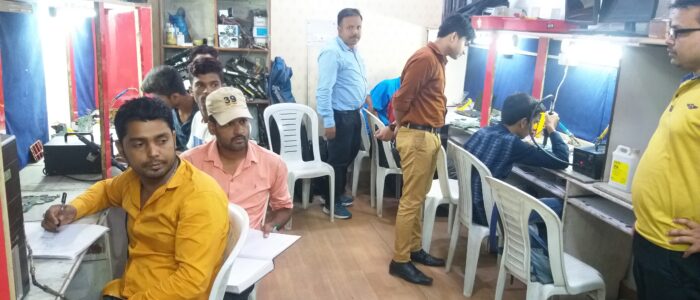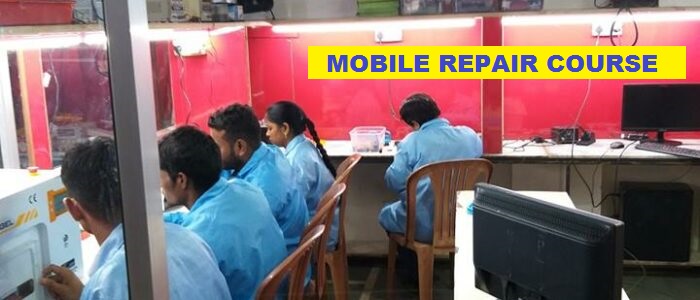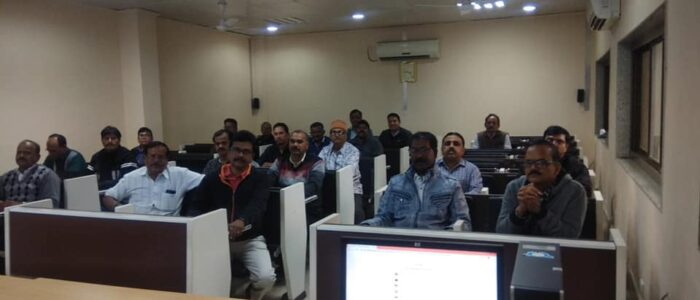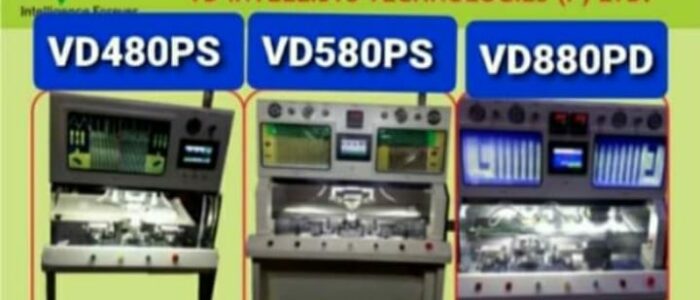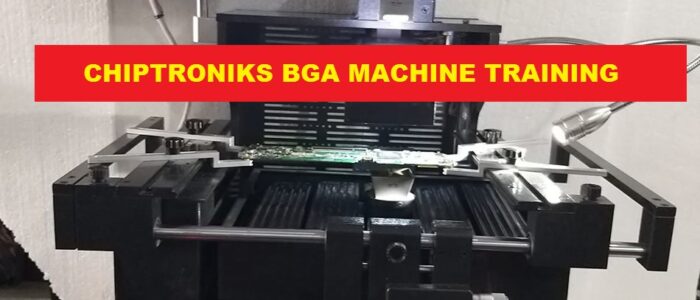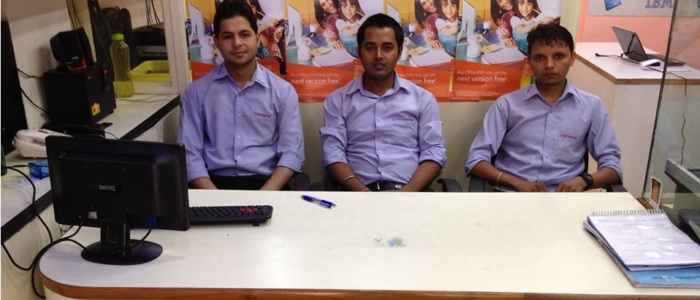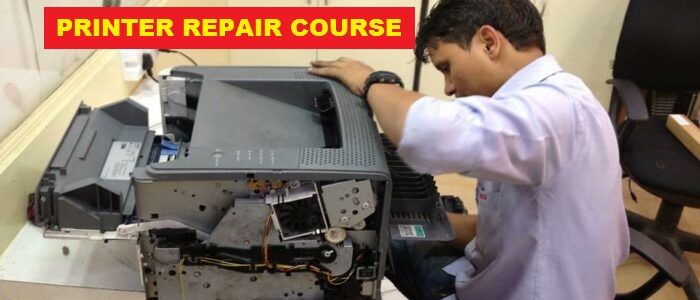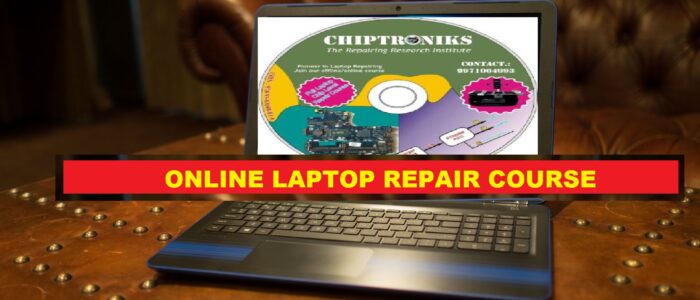Motherboard Components are two types
Hole Through Components: Processor Socket (PIII), RAM bank, Expansion slots, I/O Ports, etc
SMD (Surface Mounting Device) Chipset, IC regulator, Mosfets, Tantalum Capacitor, Resistors Processor Socket in the case of PIV etc
Motherboard PCB
Motherboard PCB can be made up of Fiberglass or Bakelite. PCB can be available in multiple layers. The layers structure enables multiple wires to send data without their signal interfering with each other. The multiple layers also add strength to the Motherboard.
Layers of PCB
Single /Double layers
Four Layers
Six Layers
Eight Layers
Ten Layers
Twelve layers etc
Note that PIII Motherboard available in Four layers & PIV Motherboard available in six layers
Top & Bottom Layers of PCB pass data signal, Clock signal, Reset signals etc
Inner layers of PCB pass Current
Tools used in Motherboard Repairing
Soldering & Disordering Tools
Cleaning Tools
Basic Tools for e.g. Tweezers, Paper Cutter, Scissor etc
Testing tools Debug Card, DMM etc
Hot air Gun/Disoldering Pump
Liquid Flux etc
Motherboard Repairable Condition
- Repairable Condition
- Non Repairable Condition: Service Engineer is not full skill
Due to Non availability of Components or burned or damaged PCB
Represents & Testing of M/B Power section Components
- R – Resistor
- D – Diode
- Q – Mosfet
- C – Capacitor
- L – Inductor
- Q or Tr – Transistor/MOSFET
- F – Fuse
- RN Resistor Network
- CN Capacitor Network
- U IC/Chipset
Resistor: – It is used to oppose the current.
It is checked on Ohmmeter.
It has two legs.
Diode: – It is used to convert the AC to DC.
It is checked on range of Diode.
It has two legs i.e. +ve & -ve. (Dark area shows the negtive)
Mosfet: – It is used to regulate the voltage.
It is checked on range of Diode.
Mosfet show one legs show the value and other show the multimeter value i.e. infinite value
It has three legs i.e. Source, Gate, Drain.
Capacitor: – It is used to store the electricity & purify the impure DC to pure DC.
It is checked on range of mf and also checked on Mega ohm i.e. If capacitor is ok than it show the resistance
It has two legs i.e. +ve & -ve.
Inductor: – It is used to filtration.
It is checked on range of continuity.
It has two legs.
Transistor: – It is used to amplifying the signal.
It is checked on range of Diode.
It has three legs i.e.Emmitor, Base, Collector.
Motherboard Testing
Through Debug Card: It is testing device which can attach on PCI slots and it generates the Hexadecimal Codes from where the system engineer sense the faults in Motherboard.
One thing is noted that the hexadecimal codes are differing according to the BIOS.
Some Common codes are following
Motherboard Testing (Debug Card)
Code OK Memory Error mp Error
00 C0 BC
FF C1 EA
7F C2
2F C3
26 D0
27 D1+continue long Beep
28etc D2
D3
60+continue long Beep
Through BIOS beep Code
BIOS show some beep code in POST screen from where the System Engineer senses the faults in Motherboard. BIOS beep codes are also vary according to the manufacturing of BIOS. Some common BIOS beep codes are following:
BIOS Beep Code
Number of Beeps Solving Problem
1 short Beep System is OK (Acceptance Beep)
2/3/4 short Beep Check the RAM & Video adapter
Card properly connected.
5 short Beep Check the RAM properly installed or not check the mP. Replace the mP & M/B.
6 short Beep Try attaching a difference K/B.
7 short Beep Replace the CPU / M/B
8 short Beep Check the Video Card (Display) 9 short Beep Check the BIOS Chip is properly
Attached or not
10 short Beep CMOS Chip Problems
11 short Beep Cache memory Chip
1Long 3 Short Beep RAM Problem
1Long 8 Short Beep Video Card Problem
Continue long Beep RAM Problem
Precaution while rework on Motherboard
- The value of each component should be same.
- The size of capacitor should be same or less.
- The capacitance of capacitor should be same.
- The resistance of resistor should be same.
- Hot Air Gun should be handled properly
- Working surface should be neat & clean.
Rework on M/B
- Chips, IC
- M/B Power Section i.e. capacitor, mosfets, inductor
- Rework on I/O ports.
- Rebuilding the burned or cuts tracks.
To give Motherboard faults
-
- System/ Motherboard is giving the display but restart again &again after completing the POST Sol: 1 first of all visualizes the M/B carefully. There can be some burnt or damage tracks or components
2 check the electrolytic capacitor it can be damage
3 checks the crystal oscillator mounting near the clock generation chip replace it
4 The clock generation chip may be bad
5 Bad BIOS
6 Press the north bridge and the south bridge chipset with a grate force with the help of your thump.
7 Reinsert the BIOS.
- M/B is dead no display on monitor and the DEBUG card is giving 00; FF; 88 codes but it is switching on properly.
Sol: 1 First of all checks the physical condition of M/B i.e. burnt or worm out tracks on the M/B.
2 BIOS may be bad or incorrectly flashed
3 check the electrolytic capacitor if found bad replace it, while replacing the electrolytic capacitor you should take care for:
1. The volume or WVC work voltage and capacitance should be same
2. Capacitor size should be same
3. Polarity should be correct otherwise it will blast after some time.
4 bad BIOS replace the BIOS with the same
5 super I/O chip may be bad replace it.
6 check the voltage regulator i.e. MOSFETS replace if found bad
7 If problem is still than check the mp or RAM using
replacing method
8 If problem is still than problem in m/b
- M/B is dead no display on monitor & the DEBUG card is giving C0; C1; C2; C3; D0; D1; D2; D3etc.
It is switching on properly also the internal speaker is giving the continuous long beep.
Sol: check some burn or worn out track near the RAM slots and Mp sockets
2: check the operating voltage i.e. 3.3 V for SDRAM and 2.5V for DDRSDRAM into the RAM slot.
If this voltage is absent then check the voltage regulator [MOSFETS]
3 clean the RAM slot with acetone .it may be dirty or corrosive camp
4 If all these are ok than replace the RAM
- M/B is dead and is not switching on.
Sol: 1 check the physical condition of M/B
2 Check the CMOS clear jumper it may be set on clear, set it on normal mode.
3 Check the dry soldering on Motherboard Power Connector
4 the super I/O chip may be bade. Replace it.
5 south bridge chips may be bad.
6 some times the M/B inner layers may be damage so in this condition the M/B cannot repair further.
7. Before performing all above actions check the SMPS
- The M/B is switching ON/OFF properly & is giving the display but it hang\halt after completing the POST or after 10-15 minutes.
Sol: 1 check the physical condition of M/B
2 check the M/B’s power connector .it may be dry solder or spark.
3 check the electrolyte capacitor
4 also check the voltage regulator i.e. MOSFETS
5 some time the BIOS may be or incorrectly flashed so refresh or replace it
- M/B is giving the display but the K/B is not working and during POST the following message is display.
“Key board error”
Or
“No key board present”
Solution: 1 the K/B connector may be dry solder
2 Some time there is some burnt track or
component near the K/B connector
3 if still problem proceed than bad super I/O chip
4 Before performing all these actions first of all check keyboard itself
- The M/B is giving the display but parallel port is not working
Sol: 1 check the resistor network mountings near the
parallel port
- check the track from parallel port to super I/O chip
- Dry soldered or bad parallel port
- Some time the super I/O chip may bad
- The M/B giving the displays but one of the serial port is not working
Sol: 1 serial port may be dry solder
2 check the track from serial port to GD75232 chip and from GD75232 to Super I/O chip
3 GD 75232 chip may be bad
4 Some time super I/O chip may be bad
- M/B is giving the display but FDD connector is not working
Sol: 1Check Dry solders on FDD connector
2 bad floppy drive connector
3 visualize the physical condition of connector and tracks between the FDD Connector and super I/O chip
4 the super I/O chip may be bad
-
- The M/B is giving the display but not audio out put
Sol: 1 check the audio controller is not disable trey & jumpers on M/B some times. The audio controller is disabling through BIOS so first of all check these setting.
2 If these are ok then check the crystal oscillators and voltage regulator IC LM 78xx; LM 317; LM34 mounted near the audio controller chip
3 Bad BIOS so either replace it or refresh it
4 The audio controller may also be bad.
SMPS Voltages
Voltage used by M/B components
SDRAM: 3.3 V
DDRRAM 2.5 V
DDR2RAM 1.8 V
DDR3RAM 1.5 V
P3 1.45v to 1.95 V
Cel3 1.6V to 2.1V
Cyrix C3 2.0V
PIV & Cel4 1.45V

